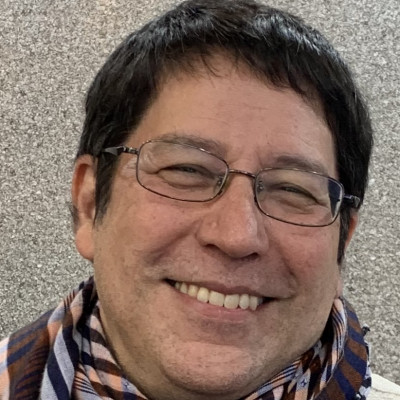Sessions / Room AC

Decolonization, Linguistic Bias, Language Hierarchies, and TESOL #1110
English has been and continues to be a mechanism for colonization and oppression. How, then, can English teachers engage in socially just or decolonizing practices? How can we use TESOL as a mechanism for disrupting rather than perpetuating biases based on language, race/ethnicity, and national origin? In this presentation, we will examine the implications of English's dominance and consider resistance as teaching and learning practice.

Reimaging the Writing Course Post-COVID #1049
While all teaching is being reevaluated in light of the experiences of going online during COVID, this presentation will focus on the possibilities embedded in writing instruction. The workshop will discuss experiences with a 2nd-year writing course that was taught in multiple sections to students with varying levels of English ability and computer skills through two different learner management systems. We will discuss the problems faced and how they were managed as well as discuss a framework for conceptualizing writing instruction, tying this into current writing pedagogy discussions. While the process has been tailored to the quirks of the Japanese university system and Japanese students, I hope that the workshop format will allow us to collaborate and develop further ideas.

Using Cloud Computing to Improve Feedback about EFL Oral Presentations #1089
In this presentation, I will discuss my experiences fostering a reflective learning environment via (a) the delivery of near-immediate teacher and peer feedback and (b) subsequently requiring students to submit reflections about their learning experiences using cloud computing (G Suite for Education). Certain pedagogical tasks limit teachers’ abilities to provide immediate feedback, such as when students are giving presentations. I will explain how cloud computing can help to overcome such challenges, notably by videoing students, incorporating teacher feedback into the video such that students are receiving critical feedback about their language production and presentation skills, and making it available to them in the cloud. Thereafter, based on students’ comments and their reflective learning assignments, I will discuss (a) whether students were able to understand corrective feedback about use of the -s morpheme (plural -s, third person -s, possessive -s) and (b) whether better usage occurred thereafter (uptake).